What Happens After You Win a Property Auction?
Winning a property at auction is exciting. But it also marks the start of a legally binding process. From the moment the auctioneer's hammer falls, you’re committed to buying the property under the conditions set out in the legal pack.
Immediate Payment and Exchange of Contracts
At the fall of the hammer, contracts are considered exchanged. This means you're now legally obliged to complete the purchase. You must pay a 10% deposit straight away. Either on-site or through a bank transfer if bidding online.
If you fail to pay the deposit immediately, or later fail to complete the purchase, you risk losing your deposit and may face further legal action from the seller.
Timeframe for Completion
In most cases, completion after auction is required within 28 days of the auction. This is shorter than standard property purchases and leaves little room for delays. In unconditional auctions, the timeline is fixed and enforced. Conditional auctions may give you more flexibility, but you’ll still need to move quickly.
Work With Your Conveyancing Solicitor and Lender Immediately
Once you’ve won the bid, contact your conveyancing solicitor and mortgage lender (or broker) without delay. If you're unsure what conveyancing involves, read our guide to the conveyancing process to understand what happens next.
Provide all documents and instructions they need. There’s no time to waste. Delays can result in penalties or even losing the property.
Missing the completion date can also mean you lose your deposit and may be liable for the seller’s costs. That’s why preparation before the auction is just as important as speed after it.
The key takeaway? When you win at auction, exchange of contracts happens instantly — and the countdown to completion begins. Being organised and proactive makes all the difference.
Pros and Cons of Buying a House at Auction
Buying a house at auction has become more popular in recent years, especially for those looking for a quicker way onto the property ladder or hoping to grab a good deal. But while auctions can offer clear advantages, they also come with challenges. Here's a balanced look at both sides.
Pros
Potential Bargains
Auction properties are often priced to attract interest. The guide price is usually lower than market value. This can give buyers the chance to secure a home or investment at a competitive price. Especially if bidding interest is low, this could also impact your eligibility for claiming back stamp duty (depending on your situation).
Faster Process
Buying at auction is much faster than a private sale. In unconditional auctions, the exchange of contracts happens immediately, and completion typically takes place within 28 days. There's no long chain, no back-and-forth offers, and far fewer delays.
More Certainty
Unlike private treaty sales, auction sales are less likely to fall through. Once the hammer falls, the deal is legally binding. This reduces the risk of gazumping or buyers pulling out at the last minute.
Cons
Risk of Overpaying
Auctions move quickly, and it’s easy to get swept up in the moment. Without a strict bidding limit, you could end up overpaying for the property, especially if there's strong competition in the room or online.
Limited Time for Due Diligence
There’s often less time to carry out inspections or arrange surveys. Legal packs are provided in advance, but buyers must act fast to have them reviewed. Missing crucial details could result in unexpected costs later.
Mortgage Timing Can Be Challenging
If you're buying a house at auction with a mortgage, the short time between exchange and completion can cause problems. Lenders need time for valuations and approval, and delays can lead to serious financial consequences if the deal can’t be completed in time.






